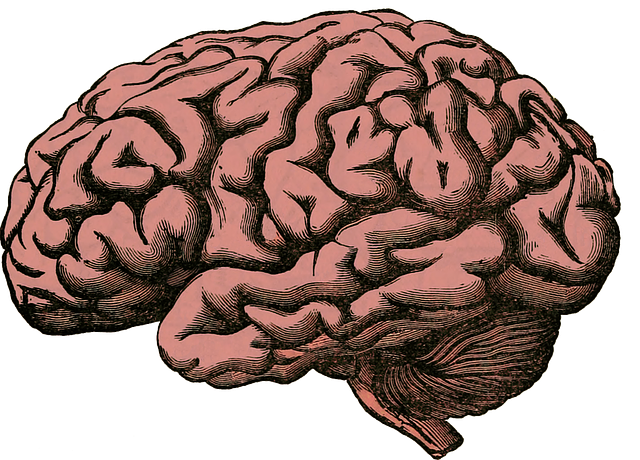In german-speaking contexts, crisis intervention strategies tailored to cultural nuances are crucial. Skilled therapists use techniques like active listening, mindfulness meditation, social skills training, and compassion cultivation to build trust and facilitate open dialogue. By combining psychological first aid with holistic methods, these interventions not only manage crises but also promote long-term well-being. Implementing programs in community outreach, partnering with local institutions, and integrating emotional intelligence training fosters mental health awareness and empowers individuals to seek help early on.
In crisis intervention, providing timely and effective support is crucial, especially within the German-speaking community. This article offers a comprehensive guide to navigating these challenging situations, focusing on strategies that have proven successful in German-speaking contexts. We explore key techniques for stabilization and offer practical tips for implementing effective intervention programs. For those seeking therapy for German speaking individuals in crisis, this resource provides valuable insights into ensuring immediate and culturally sensitive care.
- Understanding Crisis Intervention in German-Speaking Contexts
- Key Strategies for Effective Support and Stabilization
- Practical Tips for Implementing Intervention Programs
Understanding Crisis Intervention in German-Speaking Contexts

In german-speaking contexts, crisis intervention strategies play a pivotal role in supporting individuals facing acute psychological distress. The approach emphasizes immediate and effective support, acknowledging the unique cultural nuances and communication styles prevalent in these communities. Therapists skilled in German-language therapy employ tailored techniques to build trust and facilitate open dialogue, which are essential for successful crisis management.
Effective crisis intervention in this region often involves a combination of active listening, empathy, and the utilization of communication strategies that resonate with the individual’s cultural background. By fostering an environment of safety and understanding, therapists enable clients to develop positive thinking patterns, cultivate inner strength, and navigate challenging situations more effectively. This holistic approach ensures that the intervention is not just culturally sensitive but also empowers individuals to build resilience for long-term well-being.
Key Strategies for Effective Support and Stabilization

In crisis intervention, providing effective support and stabilization is paramount to helping individuals navigate turbulent situations. Key strategies for German-speaking therapy include a multifaceted approach that combines psychological first aid with tailored techniques. One powerful tool is Mindfulness Meditation, which aids in grounding individuals, reducing anxiety, and promoting emotional regulation. By guiding clients through focused breathing exercises and non-judgmental awareness, therapists foster a sense of calm, enabling them to think more clearly and make better decisions.
Additionally, Social Skills Training plays a crucial role in crisis intervention, especially for those who may feel isolated or struggle with communication. Teaching effective coping mechanisms, problem-solving strategies, and enhancing social support networks are key components. Encouraging the practice of Compassion Cultivation Practices further strengthens this process by promoting empathy, understanding, and self-compassion. These practices help individuals build resilience, foster deeper connections with others, and cultivate a more positive outlook, ultimately contributing to their overall stabilization and recovery.
Practical Tips for Implementing Intervention Programs

Implementing crisis intervention programs requires a strategic approach tailored to the unique needs of German-speaking communities. One effective strategy is to integrate therapy for German speaking individuals into community outreach initiatives. Building partnerships with local schools, workplaces, and cultural centers can facilitate access to mental health services, ensuring that support is readily available when needed.
Embracing techniques such as emotional intelligence training and confidence boosting activities can empower individuals to manage crisis situations effectively. Promoting open dialogue about mental health awareness reduces stigma, encourages early intervention, and fosters a supportive environment where help-seeking behaviors thrive.
In the context of providing therapy for German-speaking individuals, crisis intervention plays a pivotal role in supporting those facing emotional or psychological emergencies. By understanding cultural nuances and employing evidence-based strategies, practitioners can effectively guide individuals towards stabilization and recovery. The key lies in combining theoretical knowledge with practical tips, as outlined in this article, to create intervention programs that resonate with the specific needs of German-speaking communities. These strategies not only ensure immediate support but also foster long-term resilience.












